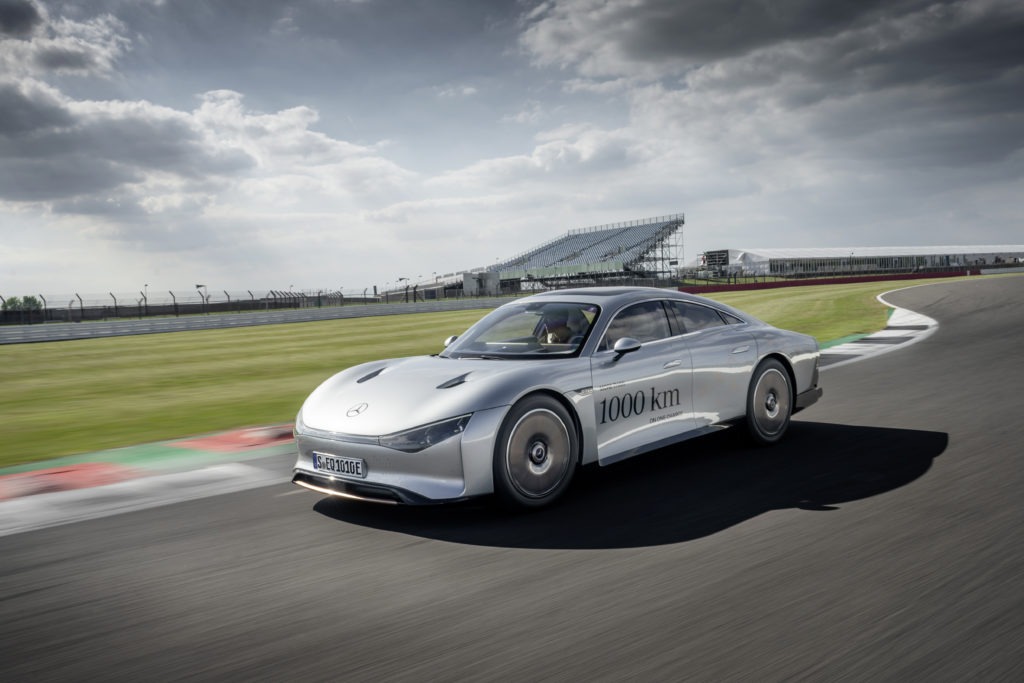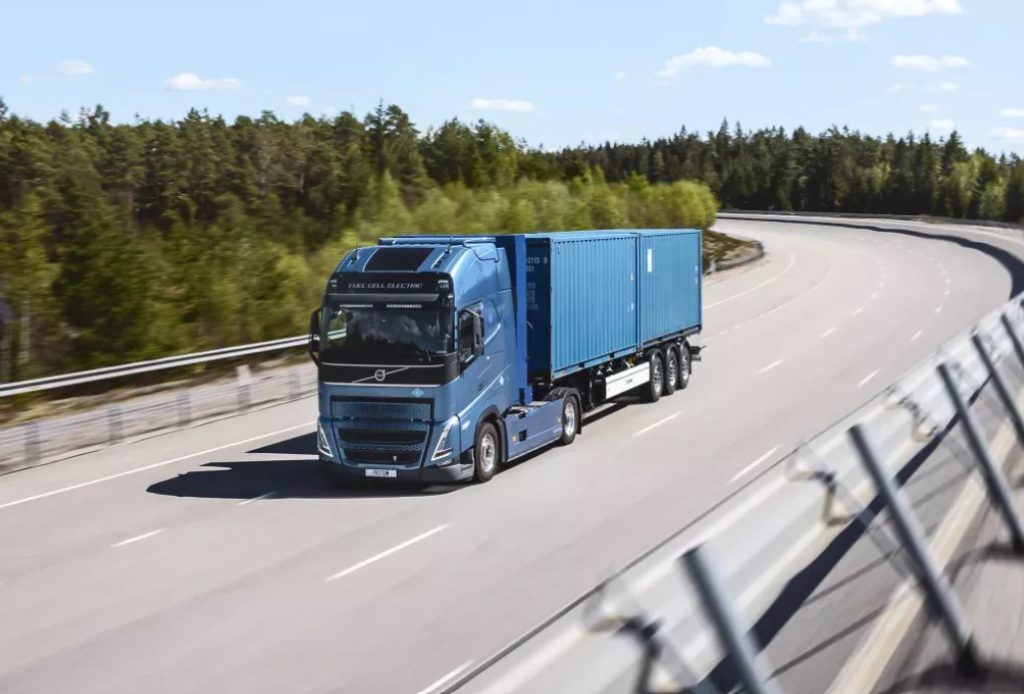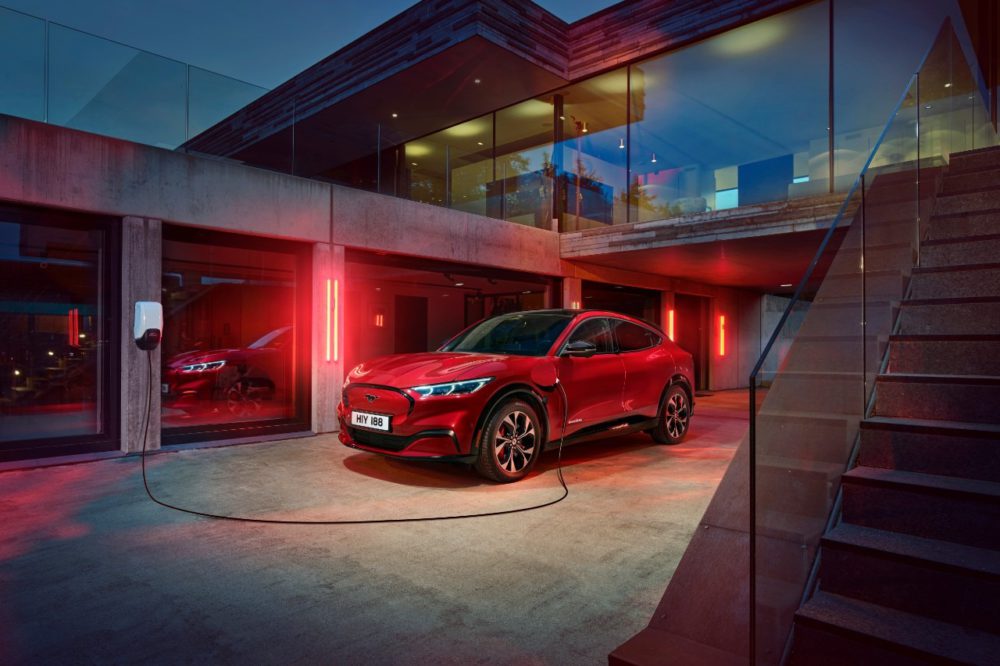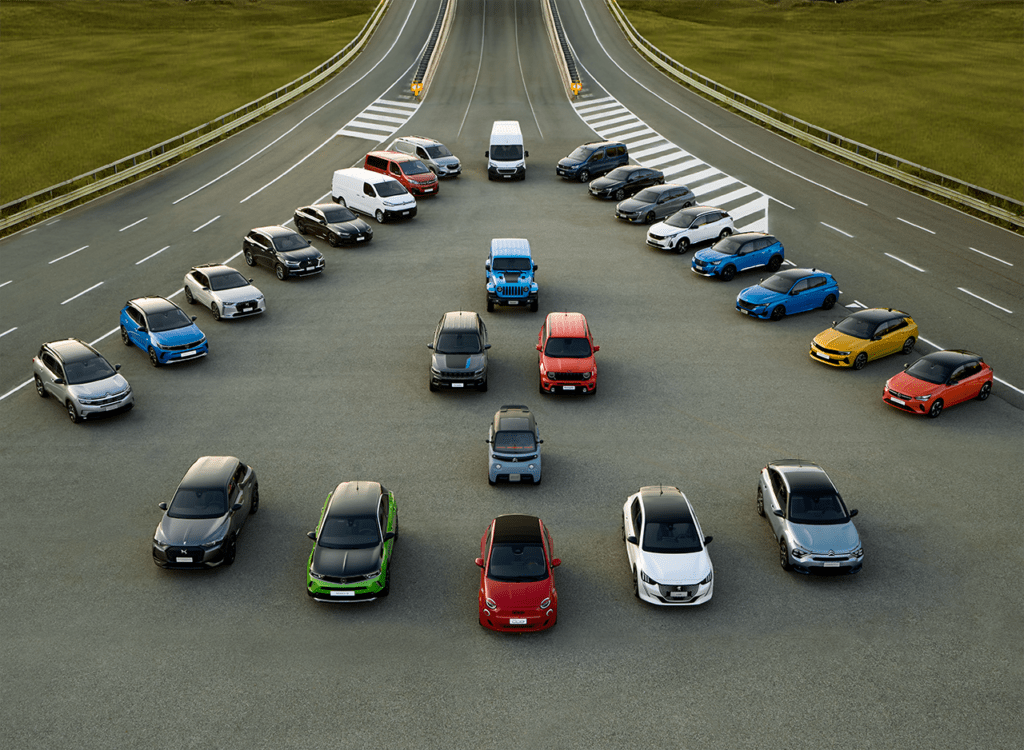ACEA’s influence questioned as Volvo also says it will leave
12 July 2022
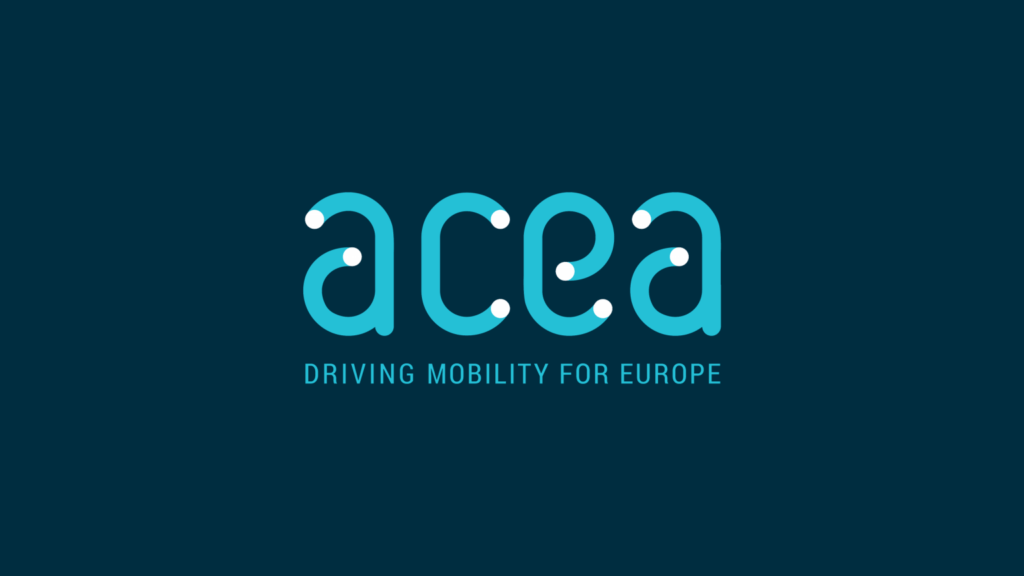
Questions are being raised about the status and influence of the European Automobile Manufacturers’ Association (ACEA) as Swedish carmaker Volvo has said it would leave the powerful group by the end of 2022. This follows the decision last month by Stellantis to quit its ACEA membership this year.
The Brussels-based industry group aims to represent a unified approach among carmakers, especially as Europe is in the middle of debating the Fit for 55 package that calls for stricter climate goals. But cracks are starting to show. Two members are now set to leave, and for different reasons – Stellantis to create its own mobility forum, and Volvo because it sees its sustainability ethos as not in tune with ACEA’s.
Not fully aligned
Both Volvo and Stellantis have been key members of ACEA, which represents 16 major manufacturers in Europe and is headed by BMW CEO Oliver Zipse. While the association’s goal is to ‘progress on the road to zero emissions’, Volvo is pursuing more ambitious sustainability targets that it says are not in line with ACEA’s.
Volvo Cars told Autovista24 its sustainability strategy on becoming fully-electric by 2030 does not match ACEA’s position on the matter.
The EU is striving to implement a de facto ban on new petrol and diesel cars by 2035, with ACEA demanding ‘technology openness.’ The group wants hydrogen and what it calls ‘other CO2-neutral fuels’ to play a role in decarbonising mobility, it explained.
Volvo Cars’ clear support of an all-electric approach would leave no room for the continued use of fossil-fuel-powered cars beyond 2035.
The Swedish carmaker said: ‘After much consideration, we have concluded that Volvo Cars’ sustainability strategy and ambitions are not fully aligned with ACEA’s positioning and way of working at this stage. We therefore believe it is better to take a different path for now.
‘What we do as a sector will play a major role in deciding whether the world has a fighting chance to curb climate change. At Volvo Cars, we believe that it is incumbent on all of us to step up to the challenge. We have one of the most ambitious plans in the industry, but we cannot realise zero-emission transport by ourselves.’
It also urged its peers to make their mark when it comes to addressing climate change. ‘Whoever does so will find a strong ally in Volvo Cars,’ it said.
Unprecedented change
With ACEA losing two of its members in a matter of weeks, these recent developments are exposing a discord among some of its long-standing members. It shows that some manufacturers follow a more progressive approach to cutting carbon emissions than others.
The potential use of e-fuels beyond 2035 also remains a contentious topic, with opinions being divided on the true environmental friendliness of these products.
ACEA stressed to Autovista24 that it would continue to work on a unified approach. Commenting on Volvo’s withdrawal, the association said:
‘We acknowledge the decision of Volvo Car Corporation to leave ACEA by the end of the year. We are in the midst of unprecedented change. ACEA will continue to drive Europe’s ambitious mobility transformation, building on the industry’s global competitive position throughout the transition. We remain committed to act as the voice of Europe’s car, truck, van, and bus makers, working hand-in-hand with all relevant partners and stakeholders.’
Shake-up
Volvo Cars has been one of the most outspoken manufacturers regarding its sustainability. It aims to be a circular and climate-neutral business by 2040, and says this was its biggest ever challenge. With the automotive industry not traditionally known as a climate protector, Volvo has been vocal about its ethical stance and aims to be a responsible business.
Stellantis’ reason for leaving ACEA seems to differ from Volvo’s as it wants to focus its efforts on a new forum dedicated to the future of mobility.
The move is shaking up automotive lobbying activities in Europe. At this stage, it is unclear whether Volvo would join Stellantis’ new mobility forum. While Stellantis, which includes Citroën, Fiat, Opel, and Maserati, wants to sell only battery-electric vehicles (BEVs) in Europe by 2030, its targets in other markets such as the US is not as high – in contrast to Volvo’s more ambitious goals.
Earlier this year, Stellantis CEO Carlos Tavares said the EU’s proposal to phase out internal-combustion (ICE) engines would carry environmental and social risks. He criticised electrification for being a technology ‘chosen by politicians, not by industry.’
With the EU still more than a decade away from implementing a potential ICE ban, which could be watered down if an allowance for e-fuels is made, opinions in the automotive industry on how to address climate goals remain divided.
